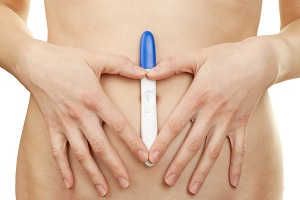In women with endometriosis, the analysis of immature cells of the immune system in the endometrium could predict the outcome of IVF. This is what a study by Trinity College in Dublin says.
Endometriosis is one of the main causes of infertility among women. It is suspected that alterations in the uterine environment impede the implantation of the embryo. Although the cause of the phenomenon is still unclear, it is suspected that it is in the immune system. In fact, pro-inflammatory immune cells are a crucial element in endometriosis. In addition, some studies have shown the possible role of uterine killer cells in all of this.
It is thought that the killer cells of the uterus contribute to the formation of new blood vessels during the development of the placenta. However, the relationship between these cells and the infertility of those suffering from endometriosis is still unclear. The Irish study then analyzed blood and endometrium samples from about 58 women with the disease.
Among the participants, 33 underwent assisted fertilization techniques, including: in vitro fertilization; intrauterine insemination; intracytoplasmic sperm injection; transfer of frozen embryos. Of these, 23 were pregnant and 10 were not. The other 25 study participants conceived naturally after having undergone endometriosis.
The analyzes revealed no significant differences in killer cell levels between women who conceived and those who did not. However, further analysis of the endometrium showed that the women who conceived had higher levels of killer progenitor cells. It is therefore likely that the levels of these cells show how many possibilities there are that the implantation of the embryo is successful.
Source: endometriosisnews.com
















